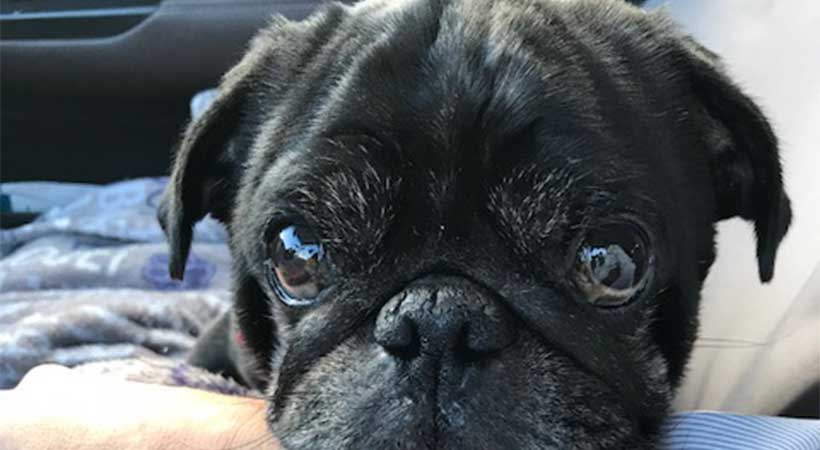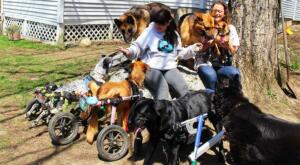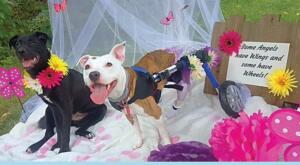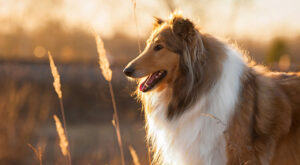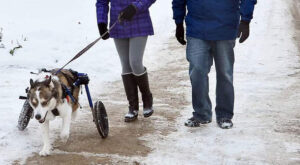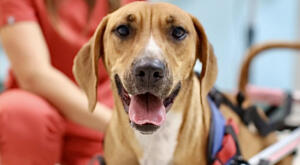Dogs are great companions and become part of their owners’ hearts. Seeing tiny puppies play around, grow, and learn new things each day are unforgettable experiences. However, along with learning comes injuries that may become a cause of concern in their senior years.
Looking after aging dogs and knowing the do’s and don’ts is important! While we cannot stop the aging process, there are measures we can take to help ensure that our pets live long and healthy lives. Here is a list of 7 healthy habits for a senior dog that you can make a part of your dog-care routine.
1. Stick to a moderate activity routine
Don’t expect the same level of playfulness and activity from your dogs as they age. Aging will affect their strength and playful spirit. It is absolutely normal to witness some changes in the way they respond. Try to maintain a moderate activity routine to keep senior dogs moving for optimal health.
2. Consider memory weakness in senior dogs
As a dog ages, you may witness a decrease in your dog’s memory power. Hence, it is important not to keep things consistent for elderly dogs. Keep his bed in the same place; feed him and keep his water in the same place. This will make it easier for him to remember where to go to do his normal daily routine.
3. Remember appointments with vets
The health needs of your dog will change as she starts aging. Your might not be able to detect the early signs of some serious health complications, so do not skip taking senior dogs to the vet for check-ups. Early detection and timely treatment of curable diseases is crucial.
4. Give your dog supplements
Taking supplements is a great option for improving your senior dog’s health and mobility. Elderly dogs often suffer from arthritis; giving joint pain relief for dogs can work well in improving their mobility.
5. Provide proper meals
Dogs are not aware about what and how much to eat. Along with aging, the digestive system becomes weaker. Ask your vet to review and approve your pet’s diet plan. Try giving them proper meals approximately at the same time and in the same place. Dehydration is also a common problem that senior dogs face. Make sure fresh water is accessible to them at all times.
6. Offer a comfortable bed for better sleep
Getting enough rest is important in keeping senior dogs healthy and happy. Provide a comfortable bed with the right amount of padding for older bones and joints. You may also choose to buy a warming bed that can work as a joint pain relief for dogs. Orthopedic beds and beds for incontinence are also quite popular for senior dogs.
7. Happy surroundings
A happy surrounding is the key to a happy and healthy life. Let your dog make new friends, meet new people, and learn new things. This will keep your senior dog engaged and will her brain active. To help your dog adjust to aging issues, be sure to keep your home environment consistent.
Healthy Habits for Senior Dog Care
Caring for these beautiful creatures is like an art that you develop gradually with experience. Your time together is precious, so maintain healthy habits, keep your dog active in body and mind, and savor every minute.
Be sensitive to any changes in your senior dog. Even minute changes can be an indication of significant health issues. Take the above-mentioned points as a base to start a healthy life for your dog as he ages. But always keep yourself open to new tips and tricks for better dog care.
Thank you to Kathreen Miller for this guest blog post. Kathreen is a pet health expert at pet bounce for dogs. She lives in Chicago with her daughter and a dog named “Buddy” and regularly contributes to pet health related websites and blogs.
Related Articles
Did we answer all your questions on "senior health"?

